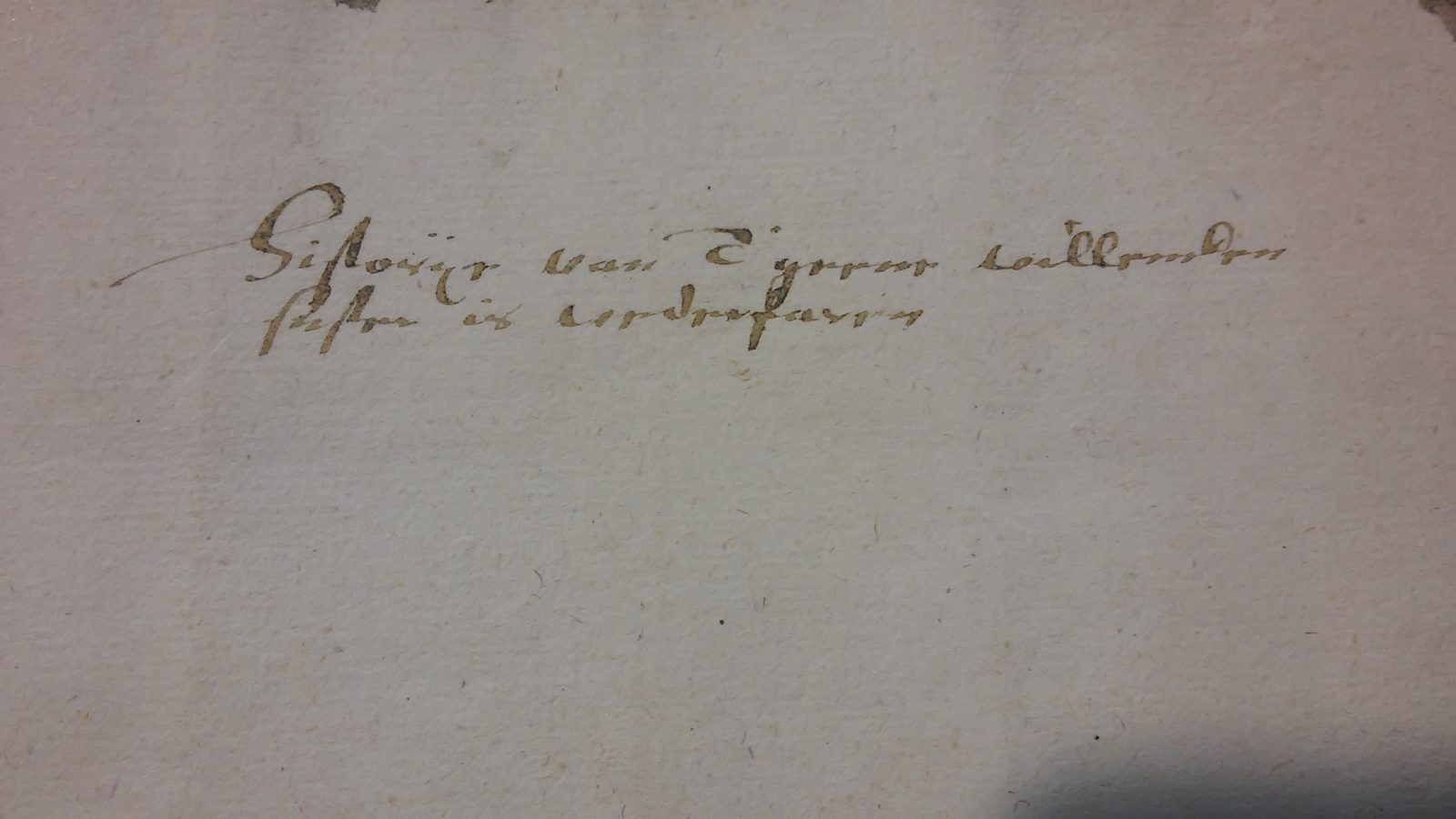Research output
Conference – Women and Religion
Cora van de Poppe presented at the Women and Religion conference (Queen’s University Belfast) her paper ‘Martyrdom and citizenship in seventeenth-century Arminian women writings’.
Around 1619, the protracted controversy between Arminians and Calvinists in the Dutch Republic resulted in a religious and political coup of the latter. Arminian ministers had to desist their job and Arminian gatherings were forbidden on penalty of fines and imprisonment. Nevertheless, Arminian men and women kept secretly preaching in the open field or their own houses. Moreover, they also fought a textual battle against their oppressors. One of them was the widow Willemken van Wanray (ca. 1573-1647). She had been fined for attending a sermon and hosting a sermon in her own house and was consequently imprisoned for several weeks. On her release she wrote an autobiographical narrative in which she implemented well-known sixteenth- and seventeenth-century martyr themes to both justify her own deeds and religious beliefs, and to denounce religious tyranny. However, the story does not end as a ‘classical’ martyr narrative: instead of suffering to the end, Van Wanray caved in under pressure and paid a high sum of money to be released from prison. More generally, despite their willingness to suffer in theory, Arminian’s scarcely died as martyrs. In her paper, Cora has argued that from her inferior position as woman, widow and Arminian, Van Wanray addressed particular political issues of governmental obligations and citizen rights by using the language and arguments of Christian martyrdom. She and others positioned themselves as citizen-martyrs: although they escaped death, they did position themselves as citizens who were murdered by the magistrate’s refusal to lawfully recognize them as citizens.
The presentation can be downloaded here.

